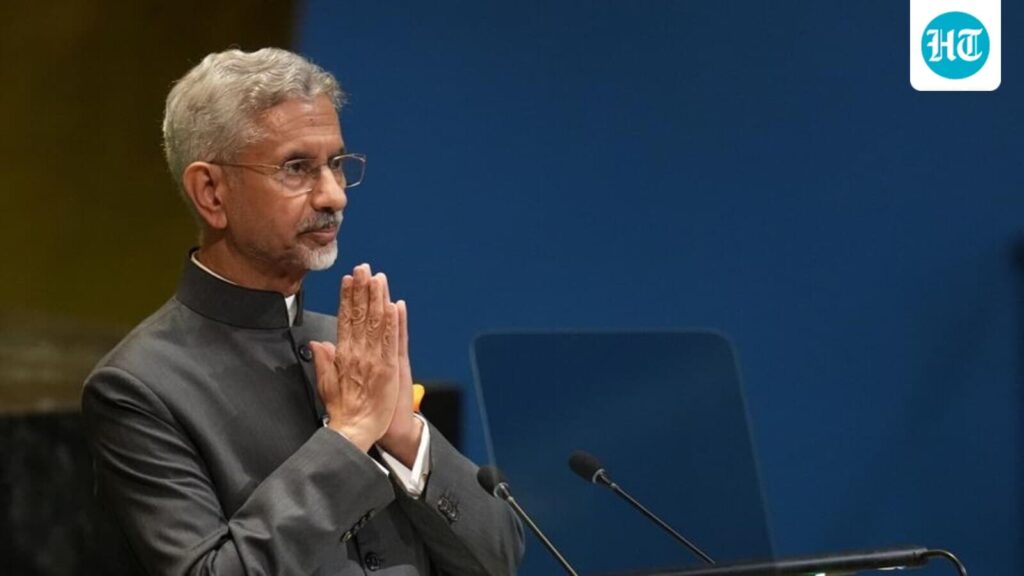
India’s Foreign Minister S. Jaishankar on Monday underscored the nation’s strategic importance in a rapidly changing global landscape, highlighting the “weaponisation of everything” as a critical challenge. Speaking at the Aravalli Summit held at Jawaharlal Nehru University, Jaishankar emphasized India’s “neighbourhood first” policy, asserting that India must be the “go-to option” for any crisis in the subcontinent.
Jaishankar’s remarks come amid escalating tariff tensions with the United States, where the Trump administration’s “America-first” policy has led to significant trade barriers impacting India. “There is rising anti-globalisation sentiment in many societies. Trade calculations are being overturned by tariff volatility,” he stated, alluding to the complex trade dynamics currently at play.
Geopolitical Challenges and India’s Strategic Response
The foreign minister’s comments arrive at a time when regional stability is under strain, with strained relations with Pakistan and recent political upheavals in neighboring countries such as Sri Lanka, Bangladesh, and Nepal. Jaishankar’s assertion that “all nations face predicaments” underscores the need for strategic resilience in the face of these challenges.
He further highlighted India’s strategic imperatives, stating, “The strategic diminishing of India as a result of Partition has to be overcome.” This historical reference points to the long-standing geopolitical challenges India faces and the necessity of a robust strategic framework to address them.
India’s Economic and Strategic Aspirations
Jaishankar’s speech also touched upon India’s economic ambitions, emphasizing the nation’s potential driven by “demand, demographics, and data.” He urged the creation of new “ideas, terminologies, and narratives” to guide India’s journey towards a more influential global position by 2047.
According to sources, India’s position on trade, particularly its “red lines” concerning the farm and dairy sectors, remains a point of contention in negotiations with the US. Jaishankar reiterated that India would engage in trade deals only if these critical sectors are protected from unrestricted foreign competition.
“India has to strategise and continue rising amid such volatility,” Jaishankar noted, reflecting the nation’s determination to navigate the complexities of the current global order.
Expert Opinions and Future Outlook
Experts suggest that India’s emphasis on regional stability and economic resilience is crucial in maintaining its strategic autonomy. Dr. Rajiv Bhatia, a former ambassador and foreign policy analyst, remarked, “India’s focus on its immediate neighborhood and economic self-reliance is essential in an era of shifting alliances and economic nationalism.”
Meanwhile, the global shift towards protectionism and the re-evaluation of trade agreements present both challenges and opportunities for India. The country’s ability to leverage its demographic advantages and technological advancements will be pivotal in shaping its future trajectory.
Looking ahead, Jaishankar’s vision for India’s role in the global order involves not only safeguarding national interests but also contributing to a balanced and equitable international system. As the world grapples with increasing volatility, India’s strategic positioning and proactive diplomacy will be key to its continued rise.
The foreign minister’s address serves as a reminder of the complexities of the current geopolitical climate and the necessity for India to adapt and innovate in response to these challenges. As the nation prepares for its centenary in 2047, the path forward will require a delicate balance of strategic foresight and pragmatic policy-making.






